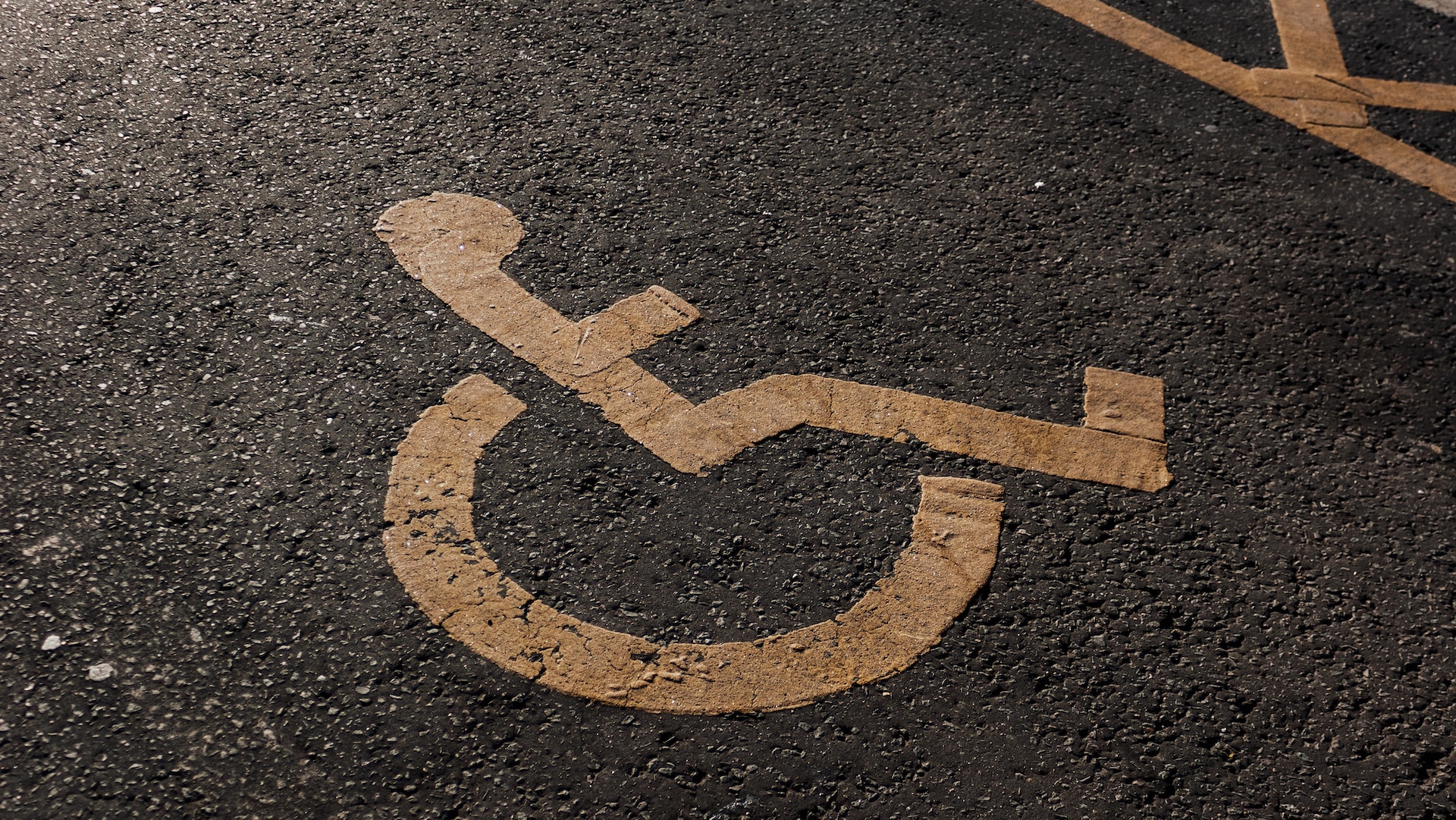The latest disability pay gap statistics for 2014 to 2023 make difficult reading and remind us exactly why this government is committed to putting disabled people at the heart of all we do.
With disabled employees paid 12.7% less than non-disabled employees in 2023, a similar pay gap as 2014, there has been a decade of lost potential which we are determined to tackle.
We know that, on average, disabled workers are paid less than non-disabled workers, and are twice as likely as non-disabled people to be unemployed. It is simply wrong that these gaps exist.
- DWP still ‘considering’ PIP changes amid speculation on future of disability benefit reform
- Benefits bill pushes government spending on housing to highest level since records began
With over nine million people economically inactive in the UK, we need workplaces to be inclusive and to support disabled people and those with long-term ill health. We know that over 40,000 disabled people want to find work. We need to give them the right support.
Encouraging more disabled people into the workplace and supporting their progression widens the talent pool when recruiting, enriches teams’ knowledge and skills, and improves inclusivity. Employers have already done great work in catering for and utilising the huge benefits of a diverse workforce, and we want to work collaboratively to make the labour market even more inclusive.
This government is determined to break down barriers to work, and barriers to progression in work.









